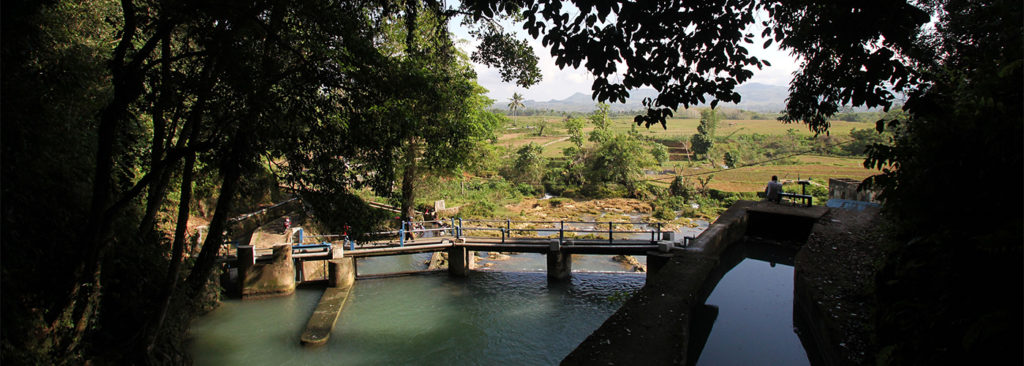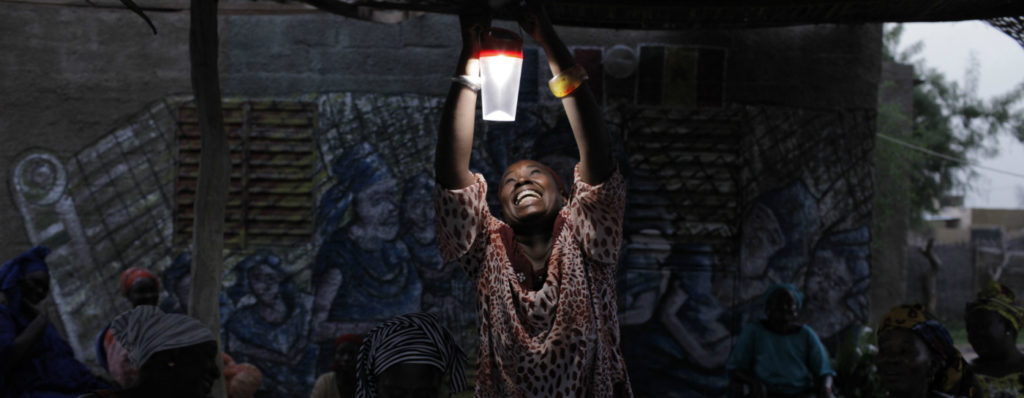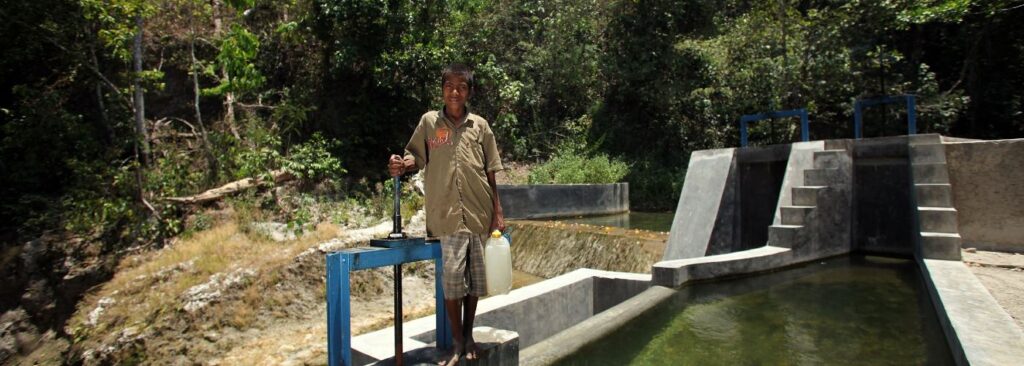Global warming of 2°C above pre-industrial levels is substantially more harmful than 1.5°C, according to the new report on global warming launched by the Intergovernmental Panel on Climate Change (IPCC). A mere two-degree rise in the average global temperature would significantly impact human life, the economy and the global environment. It would mean more severe and longer heat waves; more frequent and destructive storms, floods and droughts; and a dangerous rise in sea level and temperature.
Changing this course is still possible, but urgent action must be taken now, says Carol Gribnau, program director of Hivos’ Green department, in this interview.
The report was produced by the UN’s climate science panel at the request of governments attending the Paris climate conference in 2015. It is considered the most authoritative scientific assessment of the impact of climate change to date and will hugely influence further climate negotiations and policy.
“We are moving ever closer to the point beyond which these populations won’t be able to adapt.”
1.5 or 2 – what’s the big deal?
The report shows that the difference between 1.5 and two degrees is actually a matter of life and death for many. As Carol Gribnau explains, “0.5 degrees seems small but will have a tremendous impact, especially on the lives of vulnerable people in low- and middle income countries. These countries are already being hit by the consequences of climate change and lack the means to adapt. Whether people there live on an island or in (semi-)arid areas, climate change has already affected their lives severely.”
Those who live off agriculture witness firsthand the effect of increasingly unpredictable weather patterns that will cause lower crop yields and aggravate food scarcity in the long term. “We are moving ever closer to the point beyond which these populations won’t be able to adapt,” Gribnau adds.
We can still change course
The IPCC report also shows that many of the consequences of future warming can still be avoided if the 1.5°C limit is respected. That requires channeling joint efforts in the right direction and bringing solutions to scale. Specifically, Gribnau says, “The report shows it is still doable, but the time to act decisively and together is now. And it will take a joint effort from governments, businesses, financial institutions and citizens to make the transition to a sustainable, low-carbon, and inclusive economy.”
Our energy and food systems, recognized major contributors to climate change, are also amongst the solutions. “This is why we call for an unprecedented shift in these systems by speeding up our adoption of renewable energy solutions and promoting food systems built on diversity, soil health and zero-waste,” says Gribnau.
How Hivos sees it
For Hivos, the switch to a new energy and food system also needs to be just, inclusive and transparent. This means that decentralization of energy systems, for example, must leave no one behind. Policy and finance flows have to support these types of solutions. In food, we should optimize resource use by introducing circularity and avoid food waste. And unless farming practices adopt diversity as a guiding principle, we won’t have a sustainable future food supply. Governments therefore need to reshape agricultural policies to encourage biodiversity and sustainable use of farmlands.
It is also up to governments and policy makers to ensure the 1.5°C limit becomes a legal and regulatory benchmark in all sectors. For example, Gribnau points out, “To secure their investments in the future, financial institutions need to help accelerate the shift towards sustainable food and energy systems now. Fortunately, some are already starting to see the financial benefits of investing in and scaling renewable energy and other low-carbon solutions.”
Preparing for the irreversible
But Gribnau warns, “Even if we manage to halt climate change at the 1.5°C threshold, change is already happening. That’s why we need to support local communities to adapt to climate change and to become more resilient. Governments must live up to their commitment to balance climate finance and deliver adaptation support to developing countries.”
The double win
Hivos believes that investing in climate action not only saves us from major disasters. It also presents a golden opportunity for sustainable development. A new energy and food system will also help lift people out of poverty and contribute directly to achieving the Sustainable Development Goals.
Gribnau concludes, “Now is the time to be better safe than sorry!”



